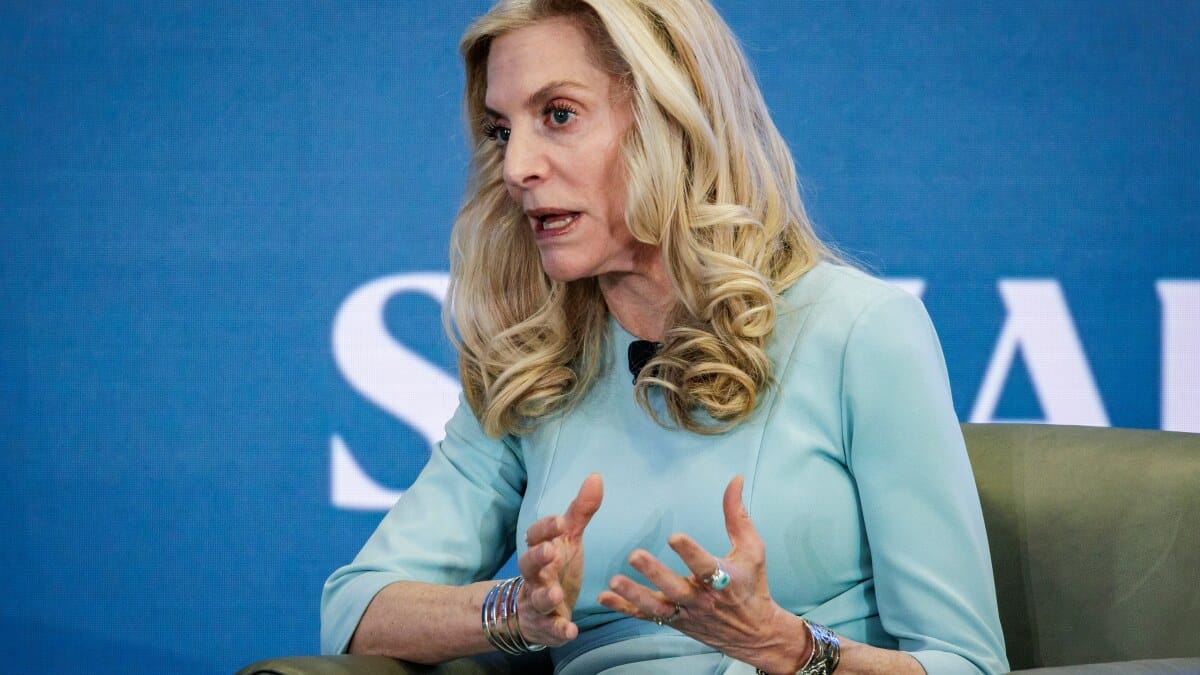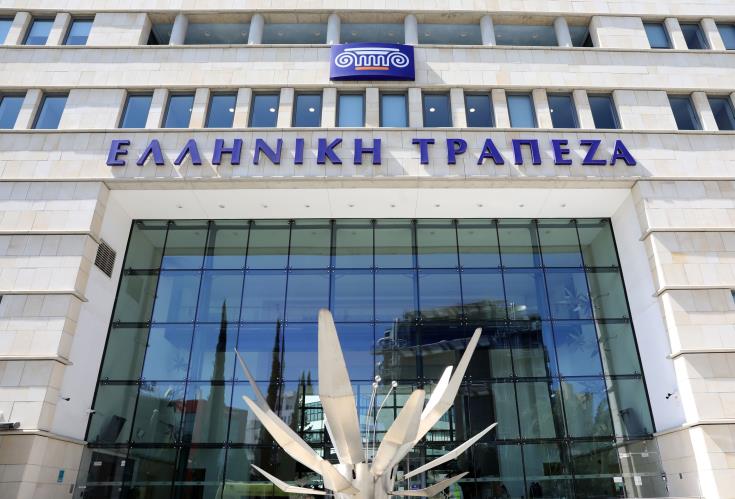White House Economic Advisor Proposes Tax Changes
In a recent address at the Brookings Institution, Lael Brainard, the White House National Economic Council director, provided insights into potential tax reforms that could shape the future of the USA tax landscape. With the looming expiration of the 2017 tax cut bill, a significant shift in federal tax policy may be on the horizon.
Brainard highlighted the Biden administration’s intention to recalibrate the tax system, focusing on extending middle-class tax cuts while imposing higher taxes on corporations and the wealthiest Americans. A notable change includes a proposal to increase the corporate tax rate from 21% to 28%, which, while higher than the rate established by the Trump administration, remains below the previous 35% rate.
The administration’s plan also addresses the federal tax on stock buybacks, suggesting an increase from 1% to 4%. This move aims to motivate companies to invest more in their workforce and the broader economy, rather than prioritizing investor payouts.
With an emphasis on equity, Brainard reiterated President Biden’s commitment to ensuring that households earning less than $400,000 would not experience tax hikes. Instead, these families could anticipate further tax reductions, funded by increased contributions from corporations and high-income earners. The plan maintains certain limits on tax deductions for those earning above $400,000, including a cap on state and local tax deductions.
As Congress prepares for a pivotal tax debate in 2025, the trajectory of federal taxes hangs in the balance. The Congressional Budget Office warns that extending individual tax breaks from the Trump era could add a staggering $4.6 trillion to the national debt over the next decade.
The Biden administration’s approach to a federal income tax return overhaul could gain traction depending on the outcomes of the 2024 elections. While raising taxes on individuals is generally met with resistance, a policy like the proposed corporate buyback tax might serve as a palatable compromise for lawmakers aiming to prevent an increase in the federal deficit without burdening the majority of taxpayers.
Moreover, this period of tax negotiation opens doors for bank-related legislative considerations. For instance, the Credit Card Competition Act stands a better chance of being included in a tax spending bill than in unrelated legislation.
As discussions unfold, stakeholders across the spectrum are keeping a close eye on how these proposed changes to US tax return policies will affect both individual taxpayers and the corporate sector.






